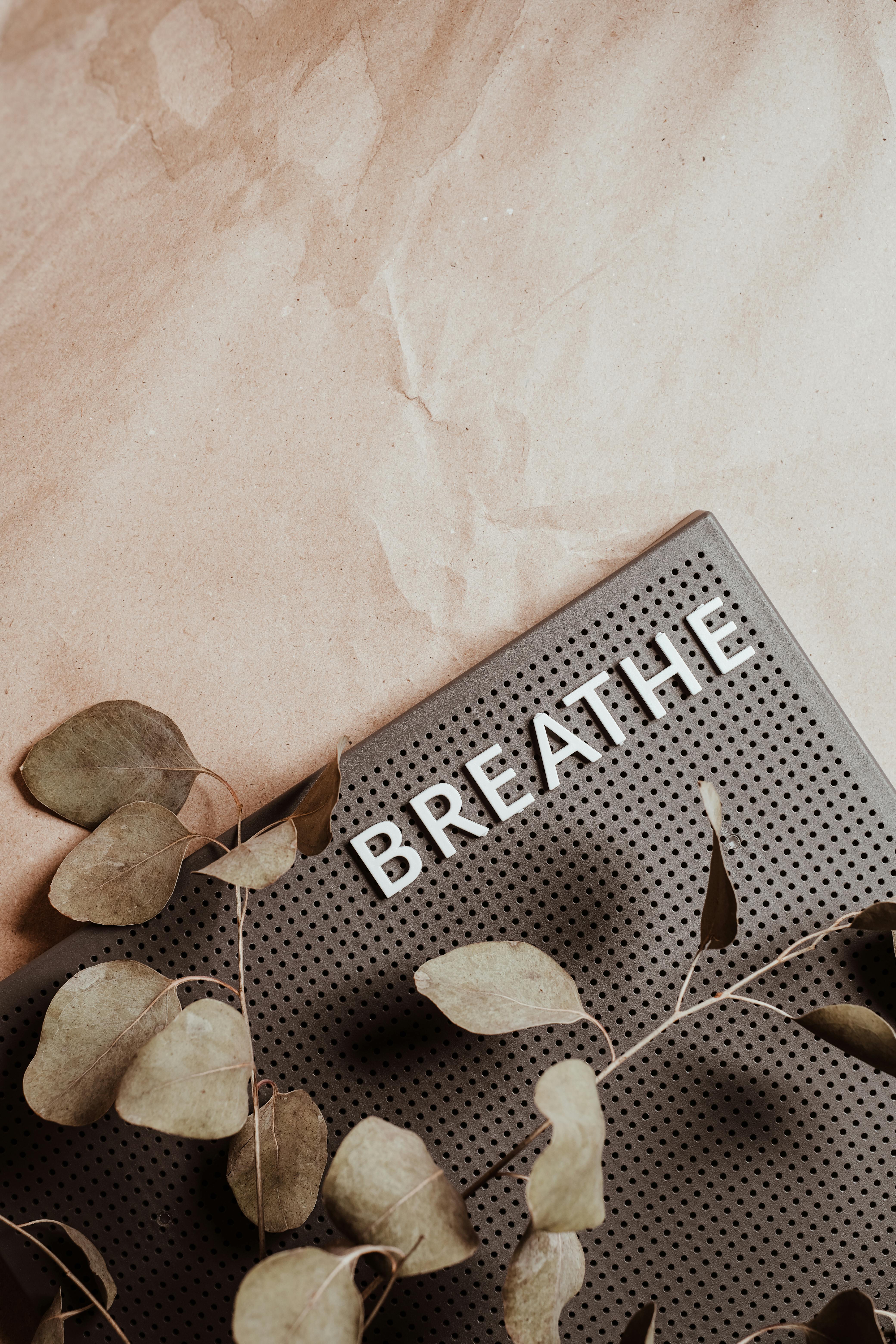The breath is one of the first things we experience when we’re born. At this early stage of our lives, our autonomic nervous system generally controls the breath in harmony but it’s when we start to experience stress, trauma and health issues develop our breathing can reflect this. Our breath is like a mirror looking back at our internal system, a reflection of our inner health.
Dr Konstantin Buteyko, creator of the Buteyko Breathing Method, asked the question;
‘is the sickness causing the hard breathing, or is the hard breathing causing the sickness’
When we lose control of our ‘innate’ breath, and bad habits start to creep in, we start to send signals to the control centre in the brain to breathe more than we metabolically need. When this happens the gases in the body such as Oxygen, Carbon Dioxide (CO2) and Nasal Nitric Oxide aren’t working as efficiently as they could be.
Many may not realise but it’s our tolerance to CO2 that is the main controller of our breathing patterns, not Oxygen. When we ‘over breathe’ or breathe too hard (or too fast) we breathe out too much CO2. When this happens, we have limited CO2 in our blood and without CO2 in our blood the haemoglobin doesn’t release Oxygen as efficiently, depriving our cells, organs and tissues of vital fuel.
People that suffer from anxiety, stress, sleep disorders, have a lack of concentration and live with breathing disorders will often have something in common; breathing to hard and also through their mouth. Given this space is much larger than that of the nose, it results in us taking more air in that we need. But this is just the start of the domino effect of where things start to go a bit ‘pear shaped’.

In your appointment Alana, our Functional Breathing Retraining Practitioner will walk you through the fundamentals of how to reset your breathing with several different breathing techniques that you’ll learn across three keys areas; the Biochemical (building CO2 tolerance), Biomechanical (diaphragmatic breathing over shallow breathing) and Psycho-Physical (the relationship between the mind and body).
This is then tied into the philosophy that;
“when we improve our breathing when awake, we improve our breathing when sleeping, and improved sleep equals a better quality of life”.
If you’ve already noticed that you either breath into the upper chest, take the air into your mouth rather than the nose, have been told by your partner that you snore at night, suffer any type of sleep disorders, breathing disorders or even stress, anxiety and lack of concentration, start your breath awareness journey today.
Book your Functional Breathing Session at Shift.

Alana Inwood
Writer, Functional Breathing Practitioner and Practice Manager



